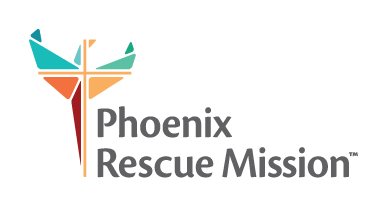Addiction
in the Valley
Across Maricopa County, a rapidly intensifying crisis of addiction is tearing families apart, causing crime to spike and devastating entire communities.
Virtually every big city in America is struggling to cope with increasing levels of drug abuse and addiction, and Phoenix is no exception. Perhaps because of our city’s proximity to the southern border — where billions of dollars’ worth of narcotics are smuggled through annually — the Valley is a natural waypoint for drug traffickers.
In 2021, more than 100,000 Americans died from drug overdoses, a shocking new record — chiefly caused by fentanyl and methamphetamine. The CDC’s official overdose count for Arizona exceeds 2,770, a number that has skyrocketed almost 700% since 2014, when 356 individuals perished. Even still, researchers (including those at the CDC) believe the real number is actually much higher.i
Why is this happening?

A Fentanyl-Laced Crisis
Fentanyl is a powerful synthetic opioid that is relatively cheap to produce and easy to disguise. Dealers have taken to mixing it with more expensive drugs like cocaine, heroin, meth and other common street drugs to increase their profits — and, some say, to increase dependency among their clients.
The danger is: When someone unknowingly uses a drug laced with fentanyl, they’re actually taking something that is much, much stronger than their body is used to. All too often, the results are deadly.
Fentanyl is now the leading cause of death among adults ages 18 to 45.ii
Addiction By the Numbers
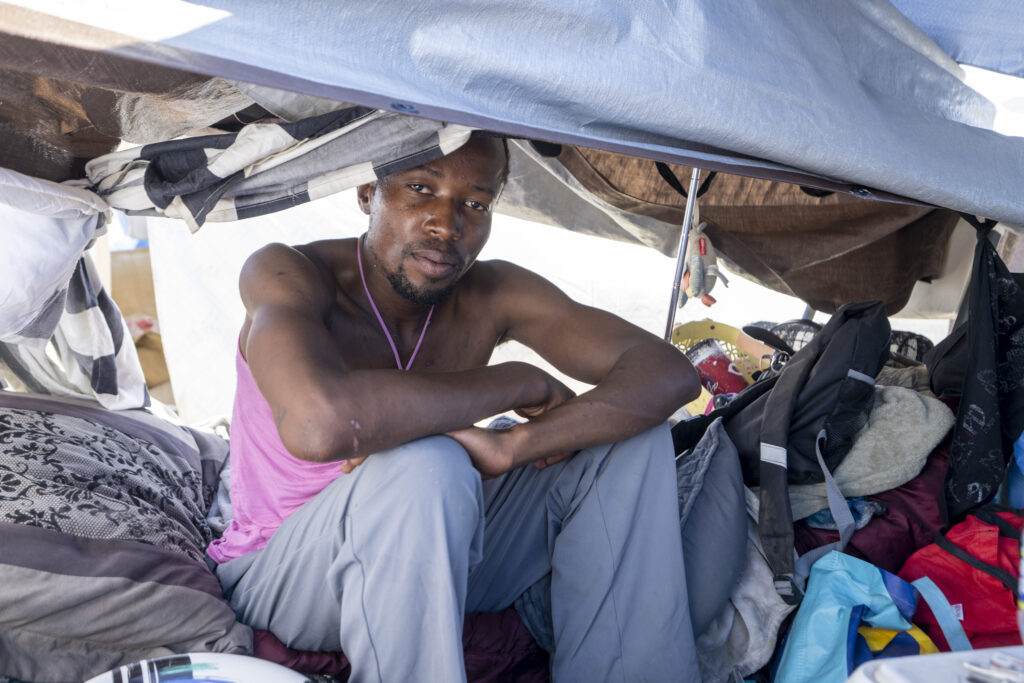
Approximately 14% of people in Arizona ages 12 and older have used an illicit drug in the past month.iii
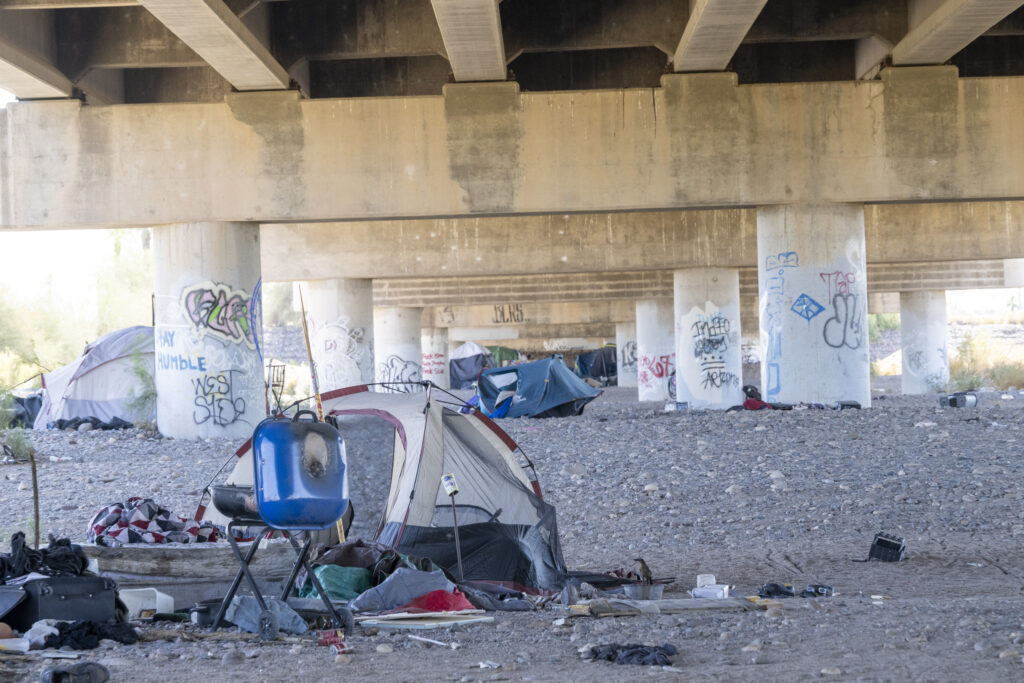
Addiction-related deaths in Arizona have surged nearly 700% in the last seven years.iv
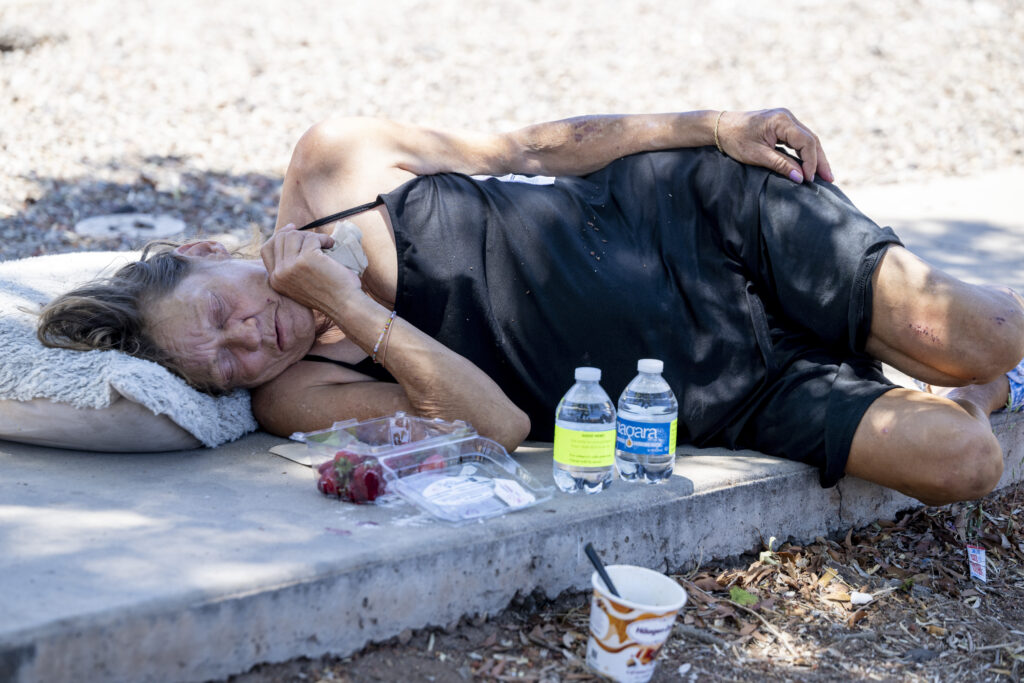
2,770 Arizonans died of drug overdoses in 2021.
The consequences of this addiction crisis include chronic homelessness and hopelessness, broken families and thousands of lives lost.
Nor is this a “poor person” or “bad neighborhood” problem. Though it comes in many forms and degrees of severity, addiction does not discriminate. It can be found among every demographic and every community throughout the Valley.

Causes and Consequences of Addiction
Having helped thousands of individuals on the recovery journey — men and women of every age, race, socio-economic status and background — we have learned there is almost always a reason for addiction.
For some, it’s a way to ease the pain of a broken childhood or the loss of a loved one. Others grow up surrounded by drugs in crime-ridden neighborhoods. Mental illness is painfully common among people experiencing addiction, while a growing number of adults began using after medical procedures left them dependent on pain relievers.
Meanwhile, just as there are many reasons why people begin using narcotics, there are many devastating consequences. Our guests have lost:
- Family Relationships
- Careers and savings
- Homes and freedom
Indeed, homelessness and incarceration are extreme but not uncommon results of addiction, and the amount of time an individual endures those hardships can range from a single night to multiple decades.
The problem of addiction is more than a behavioral issue. It includes physical, emotional and spiritual issues. That’s why any treatment that fails to address addiction holistically is less likely to succeed.

What’s It Going to Take to Solve this Crisis?
Because the causes and consequences of addiction are every bit as diverse as the people experiencing them, it’s unlikely there will ever be a “one size fits all” solution. On the contrary, each person requires a unique, customizable recovery plan with a full continuum of services that can comprehensively address their past trauma and future needs.
Some of the most important building blocks of recovery include:
- Long-term rehab that breaks the physical and emotional bonds of addiction
- Stability in housing and healthcare
- Education and employment training that strengthens financial independence
- Loving community, purposeful activities and a positive daily routine
It is especially important for men and women recovering from addiction to understand adverse circumstances that “trigger” their substance abuse. Feelings of isolation, rejection, depression and loneliness frequently cause individuals to seek comfort in drugs or alcohol. Counseling and group therapy can help a person learn to manage these negative emotions.
Most of all, people enslaved to addiction need to know that the Lord loves them, that Christ died for their healing and forgiveness and that the Holy Spirit can lead them to victory day by day.

What is it Like to Experience Addiction?
Addiction consumes you, destroys relationships and devastates families. But there is hope. This 4-part 1-minute video series looks at the signs of addiction, how to help a loved one, how addiction and homelessness are related, and how the Mission is helping.
Consequences for Children
Research shows that children whose parents suffer from alcohol or drug addiction may endure such extreme trauma that it leads to a host of lifelong emotional and physical ailments, including:
- Post traumatic stress disorder (PTSD)
- Heart disease, high blood pressure and other physical ailments
- Mental health disorders
Perhaps worst of all, these boys and girls are primed to experience addiction themselves, and to repeat the cycle. In fact, that is the background of a large percentage of the people who enter our transformational programs, and we see the early signs of this generational addiction and poverty among many of the boys and girls in our childcare center.
However, these kids are resilient, and the cycle can be broken — if their parents get the comprehensive recovery services necessary to rebuild their lives.
Hope for the Person Suffering From Addiction
If you or someone you know is suffering through the agonies of drug or alcohol addiction, Phoenix Rescue Mission may be able to help you in our life-transforming recovery program.

References
- https://www.cdc.gov/nchs/pressroom/sosmap/drug_poisoning_mortality/drug_poisoning.htm
https://www.cdc.gov/nchs/nvss/vsrr/drug-overdose-data.htm
https://www.foxnews.com/us/dea-launches-national-fentanyl-awareness-day-highlight-overdoses-drug-overtaking-us - ibid
- https://www.samhsa.gov/data/sites/default/files/reports/rpt35339/2020NSDUHsaePercents012422/NSDUHsaePercents2020.pdf
- See Figure 1a: https://www.cdc.gov/nchs/nvss/vsrr/drug-overdose-data.htm
- See Figure 1b: https://www.cdc.gov/nchs/nvss/vsrr/drug-overdose-data.htm
- https://psychcentral.com/lib/the-trauma-of-children-of-addicts-and-alcoholics#how-children-can-be-affected
